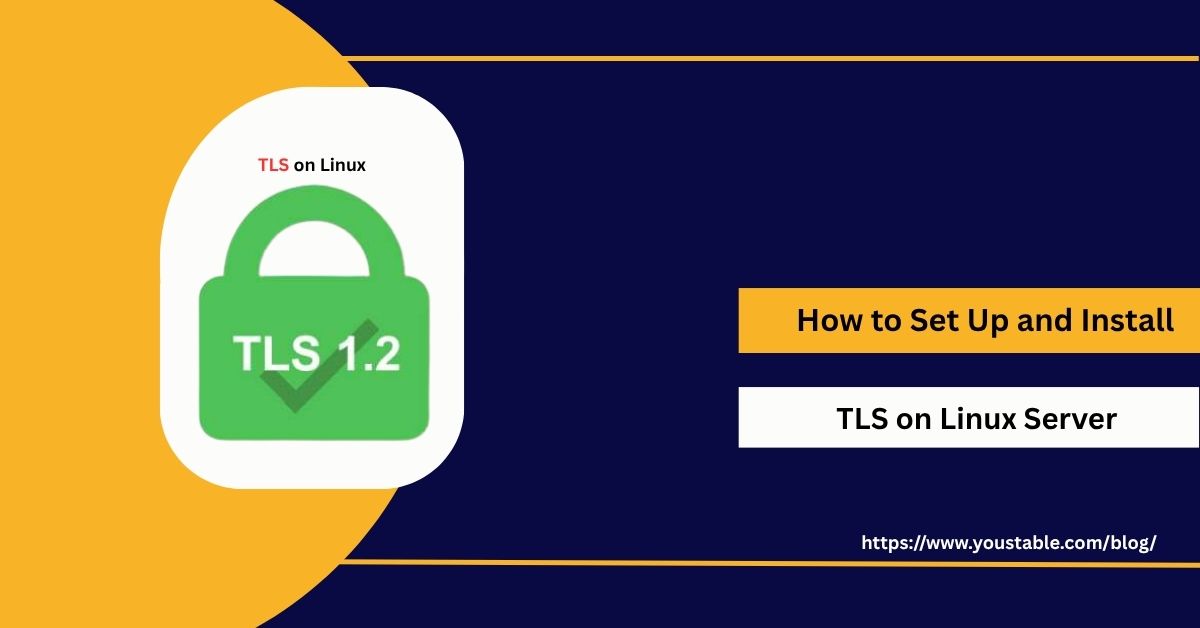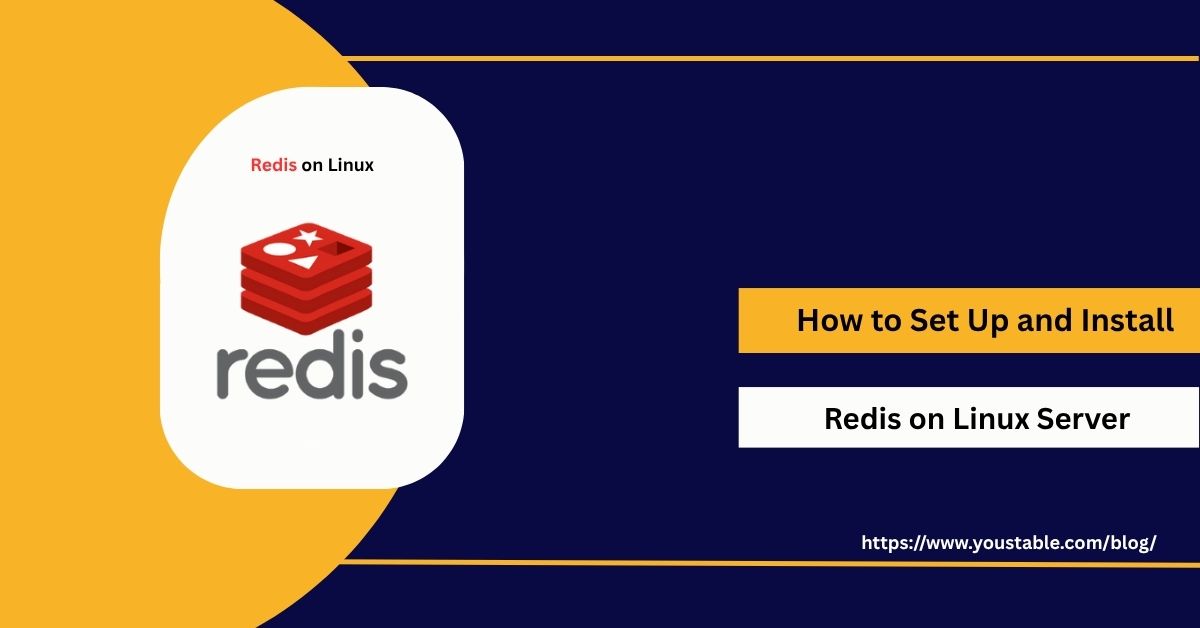MongoDB is a popular NoSQL database that is highly scalable and flexible, designed to handle large volumes of unstructured data. It provides high performance, high availability, and easy scalability for modern applications. In this guide, we’ll show you how to install MongoDB on your Linux server. Why Use MongoDB on Your Linux Server? MongoDB is […]
Author: Himanshu Joshi
Let’s Encrypt is a free, automated, and open certificate authority (CA) that provides SSL certificates to help websites encrypt traffic and boost security. Install Let’s Encrypt on your Linux server ensures that your site is protected with HTTPS, preventing data interception during transit. This is not only crucial for security but also improves your website’s […]
TLS (Transport Layer Security) is a protocol that ensures secure communication over a network. It’s crucial for protecting sensitive information, ensuring privacy, and securing online transactions. Installing TLS on your Linux server is a crucial step in encrypting communication between your server and users, thereby boosting trust and enhancing your website’s SEO ranking. In this […]
Redis is a powerful, in-memory data structure store used as a database, cache, and message broker. Known for its speed and efficiency, Redis is widely used in web applications for caching, real-time analytics, and session management. To get started with Redis, you can easily install Redis on your server to begin leveraging its capabilities for […]
LiteSpeed is a high-performance web server that offers enhanced speed, security, and reliability for hosting websites. Install LiteSpeed, because unlike traditional web servers like Apache, LiteSpeed can significantly improve site load times, especially for high-traffic environments. This guide will walk you through the process of installing LiteSpeed on your Linux server in just a few […]




